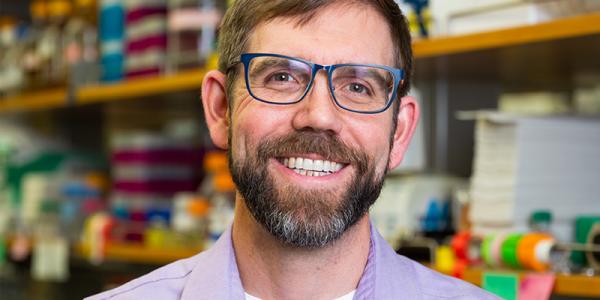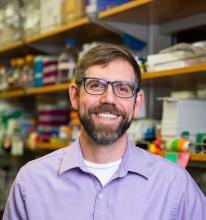
Synthetic biology for sustainability
Michael Jewett, Dept. of Bioengineering at Stanford University
Synthetic biology is one of the most promising fields of research for the 21st century. It offers powerful ways to build the global economy, manufacture sustainable materials, and address climate change. However, current access to biotechnology breakthroughs is unequal, largely due to bottlenecks in infrastructure and education. Here, I describe our efforts to re-think the way we engineer biology using cell-free systems to address these bottlenecks. In one example, we show the ability to accelerate the production of carbon-negative platform chemicals. In another, we integrate cell-free systems with AI to engineer new to nature biosynthetic pathways for above ground carbon capture. Looking forward, advances in engineering tools and new knowledge underpinning the fundamental science of living matter will ensure that biochemical engineering helps solve humanity’s most pressing challenges.
About Michael Jewett

Michael Jewett is a Professor of Bioengineering at Stanford University. Dr. Jewett received his PhD in 2005 at Stanford University, completed postdoctoral studies at the Center for Microbial Biotechnology in Denmark and the Harvard Medical School, and was a guest professor at the Swiss Federal Institute of Technology (ETH Zurich). He is the recipient of the NIH Pathway to Independence Award, David and Lucile Packard Fellowship in Science and Engineering, Camille-Dreyfus Teacher-Scholar Award, and a Finalist for the Blavatnik National Awards for Young Scientists, among others. He is the co-founder of SwiftScale Biologics, Stemloop, Inc., Pearl Bio, Design Pharmaceuticals, and Gauntlet Bio. Jewett is a Fellow of AIMBE, AAAS, and NAI.
Audience: Public

